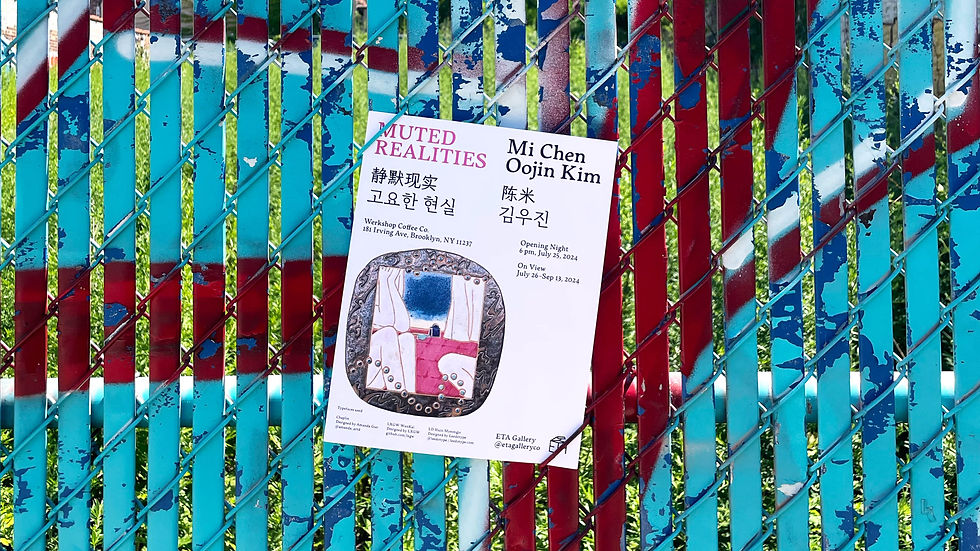Jie Jian’s work is a rare convergence of artistry and intellect, where the boundaries between language and design dissolve into something profoundly human. As an internationally acclaimed graphic and type designer, she transforms the shapes of letters and words into visual experiences that resonate deeply with both the mind and the heart. Her creations not only communicate but connect, forging a universal dialogue that transcends cultural and linguistic divides.

Jian’s relationship with language is rooted in a duality—she sees it both as a system of meaning and as a form of art. Growing up surrounded by the pictographic nature of Chinese characters, she came to view language as inherently visual, a perspective deepened by her study of Latin scripts. To her, letters are more than vehicles for words; they are living, breathing shapes capable of telling their own stories. In Sinful Magical Girls, an award-winning project that reimagines typography as a dynamic emotional medium, Jian creates a deeply personal narrative of self-acceptance and growth. Each page of the hand-bound book is a testament to her belief that typography can evoke as much feeling as it conveys meaning. By combining tactile materials with experimental layouts, she invites the viewer to not only read but experience the work as a whole. The project’s recognition by the Indigo Design Awards and the Tokyo Type Directors Club underscores its influence and innovation, cementing it as a landmark in contemporary design.

For Jian, design is inseparable from storytelling. Her work is driven by an understanding of how form and content interact to shape perception. In her exhibition design for Among Friends at the Walker Art Center, Jian transformed the space by focusing on the personal relationships between collectors and artists. By presenting names informally, as if between close friends, she crafted an environment that invited intimacy and reflection. The project challenged the conventions of exhibition design, showing how typography can shift the way audiences engage with art—not as passive observers but as participants in a shared narrative.

Her global perspective has become both the foundation and hallmark of her work. Fluent in Mandarin, English, and Japanese, Jian navigates cultural contexts with a fluency that informs her design philosophy. At UAP (Urban Art Projects), she collaborated on projects that spanned continents, working with renowned galleries such as Hauser & Wirth and David Zwirner. These experiences enriched her ability to translate complex cultural dynamics into design solutions that feel universally relevant yet deeply rooted. Jian’s work transcends borders, merging the specificity of local traditions with the universality of human expression.

Yet Jian’s work is not confined to visual aesthetics or functional communication—it is an exploration of emotion and connection. She treats typography as a medium that exists at the intersection of art and humanity, capable of embodying both the spoken and unspoken. In her experimental typefaces, Jian challenges traditional notions of legibility, asking viewers to see letters not as static forms but as fluid symbols with limitless potential. Her designs for digital platforms and public art installations push the boundaries of what typography can achieve, turning it into a living dialogue that evolves with its environment.

Jian’s philosophy is simple yet profound: design is not about decoration or utility—it is about understanding and connection. Her work challenges the viewer to pause and reconsider the everyday shapes of language, revealing the emotions and ideas hidden within. “Design is a language,” Jian reflects, “but not one that needs to be spoken to be understood.” This belief lies at the heart of her practice, imbuing her designs with a quiet yet powerful universality.
Jie Jian’s work embodies a commitment to exploring the depths of language and design as interconnected forms of expression. Every project she undertakes is a dialogue, not just with her audience but with the materials, cultures, and histories she engages with. Her vision continues to evolve, shaping a future where typography is more than a tool—it is a means of creating relationships, a way of seeing and being seen, and above all, an art that brings us closer to ourselves and to one another.
Author: Zin
More info:
Website: https://jjjiejian.me/
Catalogue:
.png)
Comments